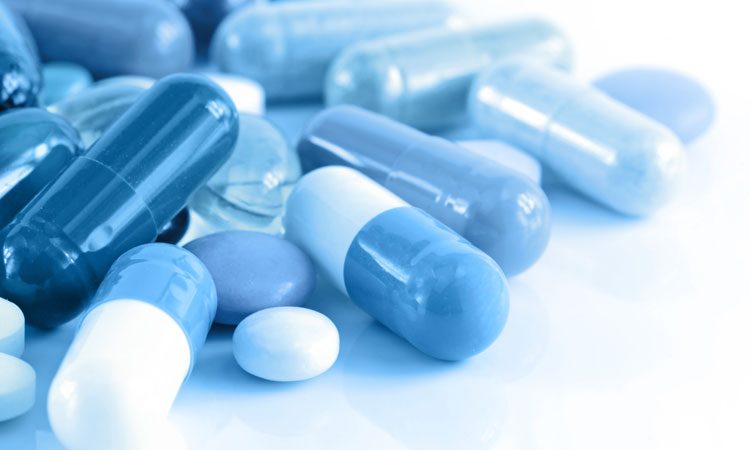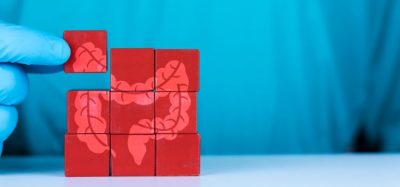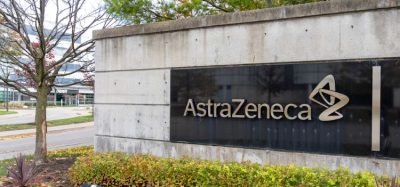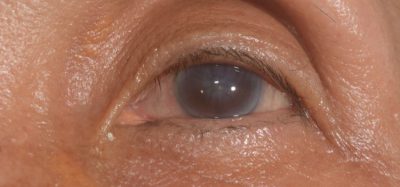First oral GLP-1 treatment for type 2 diabetes approved
Posted: 23 September 2019 | Rachael Harper (European Pharmaceutical Review) | No comments yet
With the approval of the treatment, Rybelsus, there is a new option for treating type 2 diabetes without injections.


Rybelsus (semaglutide) oral tablets to improve control of blood sugar in adult patients with type 2 diabetes (along with diet and exercise) has been approved by the US Food and Drug Administration (FDA).
The treatment is the first glucagon-like peptide (GLP-1) receptor protein treatment approved for use in the US that does not need to be injected. GLP-1 drugs are non-insulin treatments for people with type 2 diabetes.
“Patients want effective treatment options for diabetes that are as minimally intrusive on their lives as possible and the FDA welcomes the advancement of new therapeutic options that can make it easier for patients to control their condition,” said Lisa Yanoff, MD, Acting Director of the Division of Metabolism and Endocrinology Products in the FDA’s Center for Drug Evaluation and Research. “Before this approval, patients did not have an oral GLP1 option to treat their type 2 diabetes and now patients will have a new option for treating type 2 diabetes without injections.”
The efficacy and safety of Rybelsus in reducing blood sugar in patients with type 2 diabetes were studied in several clinical trials, two of which were placebo-controlled and several of which were compared to other GLP-1 injection treatments.
The treatment is the first glucagon-like peptide (GLP-1) receptor protein treatment”
Rybelsus was studied as a stand-alone therapy and in combination with other diabetes treatments, including metformin, sulfonylureas (insulin secretagogues), sodium-glucose co-transporter-2 (SGLT-2) inhibitors, insulins and thiazolidinediones, all in patients with type 2 diabetes.
In the placebo-controlled studies, Rybelsus as a stand-alone therapy resulted in a significant reduction in blood sugar (hemoglobin A1c) compared with placebo, as determined through HbA1c tests, which measure average levels of blood sugar over time. After 26 weeks, 69 percent of those taking 7mg once daily and 77 percent of those taking 14mg once daily of Rybelsus decreased their HbA1c to lower than 7 percent, compared with 31 percent of patients on placebo.
The approval of Rybelsus was granted to Novo Nordisk.
Related topics
Clinical Trials, Drug Delivery Systems, Drug Development, Formulation, Regulation & Legislation, Research & Development (R&D)









